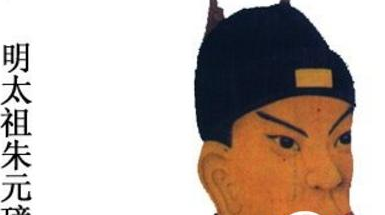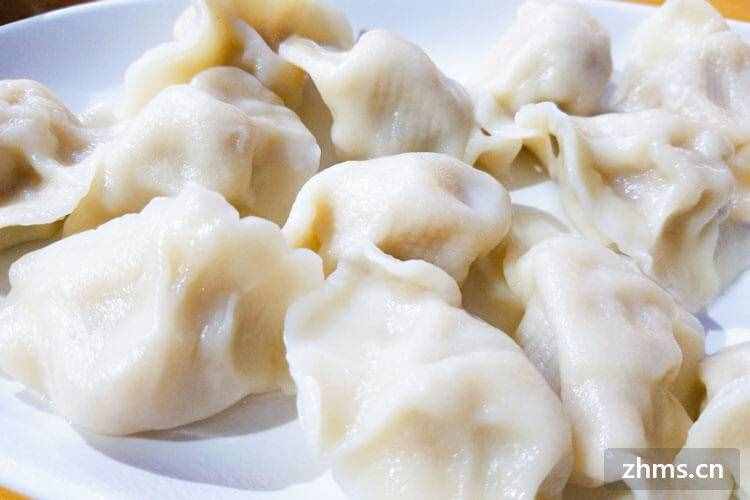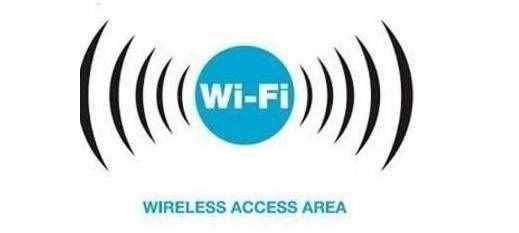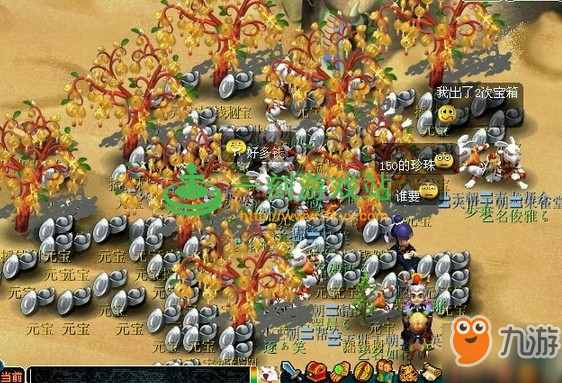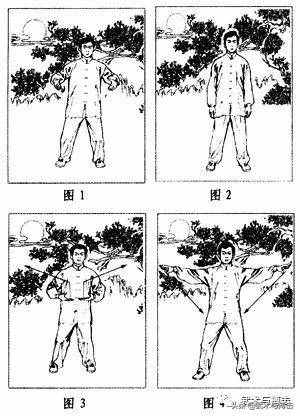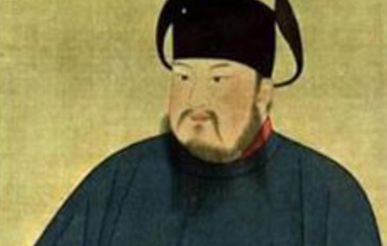certainly是什么意思(初中英语短语归纳解析)
certainly是什么意思(初中英语短语归纳解析)
1. calm/ quiet
Ⅰ.calm的意思是平静的、镇静的。用以指天气、海洋等时,表示一种无风无浪的平静状态;用以指人时,表示镇静而不激动的心情。如:
① The sea is nowcalm. 海上现在风平浪静。
② He remainedcalm. 他保持镇静。
Ⅱ.quiet的意思是安静的、寂静的,指没有什么动态,没有什么声音,尤指没有骚乱的一种安静状态。如:
① Everything wasquiet.万籁俱寂。
② Ask them to keepquiet. 叫他们保持安静。
2. can/ be able to
Ⅰ. can “能”表过去或现在“能力所及”时,与be able to通用。如:
① Hecan / is able tospeak German. 他会说德语。
② Hecould / was able torun very fast when I was a boy. 我小时候就跑得很快。
Ⅱ. be able to的过去时还可表一种“经过努力做到了”的意思。而can的过去时则没有这种意义。如:
He started late, but hewas able tocatch the eight o’clock train. 他出发晚了,但他还是赶上了八点钟的火车。
Ⅲ.can通常只用于上述两种时态,而be able to则可用于各种时态。如:
Hehas not been able tocome since he got hurt.自从受伤以后,他就一直未能前来。
Ⅳ.在表猜测时,只能用can,而不能用be able to,如:
Thatcan’tbe your bag. 那不可能是你的书包。
3. can/ may
Ⅰ.can的意思是能、会;可能。在正式用语中can通常是指能力而言。它也可以表示可能性。在非正式用语和口语中can经常用以表示“允许”的意思,特别在疑问句和否定句中。如:
① Canyou swim across the Yangzi River? 你能横渡扬子江吗?
② Hecanspeak English. 他会说英语。
③ Ican’tcome at that time. 我不能在那个时候来。
④ Canthe news be true? 这消息会是真的吗?
⑤ -----Can’tI go? 我可不可以走?
-----Youcannot!你不可以走。
Ⅱ.may的意思是可以、可能,在正式用语中它通常是指可能性或允许而言。如:
① Thatmayormay notbe ture. 那可能是真的,也可能不是真的。
② Hemaybe right. 他可能是对的。
③ Youmaytake this book, I don’t need it. 你可以拿走这本书,我不需要了。
④ MayI go now? 我现在可以走了吗?
4. cap/ hat
Ⅰ.cap的意思是帽子,通常指无边的帽子,包括便帽、制服帽、军帽等。如:
① He always wears a bluecap. 他总是戴着一顶蓝帽子。
② How I wished I could have acap, a real soldier’scap! 我多么想要一顶帽子,一顶真正的军帽!
Ⅱ.hat的意思也是帽子,指有边的帽子,也是帽子的总称。如:
① Hatin hand , he came towards me. 他手拿着帽子,向我走来。
② Thesehatsare in fashion. 这些帽子很时髦。
5. care (about) / take care of/ care for
Ⅰ.take care of“照料=look after,即指喂饭照看等。如:
① Nursestake care ofpatients in hospital.
[注]:它还可表所负的责任,如:
① Mr Savagetakes care ofmarketing and publicity. 萨维奇先生负责销售和宣传。
Ⅱ.care about表你是否认为某件事是重要的,某件事是否引起了你的兴趣或使你忧虑,常用于疑问句或否定句中,后接从句时,about一般都要省略。如:
I don’tcarewhether it rains, I’m happy. 我才不在乎下不下雨呢,我快活着呢。
Ⅲ.care for有以下几种意思
1)“照料”(特别是多用在正式的或较文的文体中)如:
She spent the best years of her lifecaring forher sick father. 她把一生中最好的岁月都用来照料她那有病的父亲了。
2)“关怀”“关心”如:care forthe younger generation 关怀年轻的一代
3)“喜欢、愿意”(多用在疑问句或否定句中)[care forsb. to do sth.]如:
① Would youcare fora cup of tea? 你喜欢喝一杯茶吗?
② I don’t/shouldn’tcare forhim to read this letter. 我不愿让他看这封信。
6. carry on/ carry out/ carry through
Ⅰ.carry on的意思是“进行、继续”,如:
① I tried tocarry ona conversation in English, but could not. 我想用英语进行谈话,但是力不从心。
② He told them tocarry on. 他叫他们继续进行。
③ Carry on(with) your work. 继续你的工作。
Ⅱ.carry out的意思是“贯彻、执行;完成、实现”,如:
① Sometimes it’s easy to make plans but difficult tocarrythemout.有时候作计划容易而执行计划却很难。
② Our plan wascarried outsuccessfully. 我们的计划胜利地完成。
Ⅲ.carry through的意思是“完成-----,将-----进行到底;使(人)战胜困难,渡过难关。如:
① Carrythe revolutionthroughto the end. 将革命进行到底。
② His courage willcarryhimthrough.他的勇气使他战胜困难,渡过难关。
7. cause/ reason
Ⅰ.cause表示“原因、缘故、理由”等意思时,着重指产生某种结果的原因。如:
① Thecauseof the fire was carelessness. 起火的原因是不小心。
② What was thecauseof it?发生这事是原因何在?
③ There’s nocausefor anxiety. 没有理由要焦虑(不必焦虑)。
Ⅱ.reason的意思是“理由、原因、缘故”,着重指产生某种行为或想法的理由。如:
① I have noreasonfor it. 我没有理由这样做。
② Give yourreasonfor changing the plan. 把你改变计划的理由讲一下。
8. centre/ middle
Ⅰ.centre的意思是“中心”,通常用于空间方面,强调指正中心。它还可用于借喩,表示某一事物的中心。如:
① Draw a circle round a givencentre. 就指定的中心画一圆圈。
② We live in thecentreof London. 我们住在伦敦市中心。
③ Beijing is the political, economic and culturalcentreof China. 北京是中国的政治、经济和文化中心。
Ⅱ.middle的意思是“中间、当中”,指跟两边或各边、两端或各端等距离的部分。它可以用于空间、时间等方面,如:
① In themiddleof the room stands a table. 房间当中摆着一张桌子。
② He was standing in themiddleof the road. 他站在路中间。
③ It will be coming into bloom about themiddleof next month. 它大约将在下月中开花。
9. certain/ sure
二者的基本用法一样



